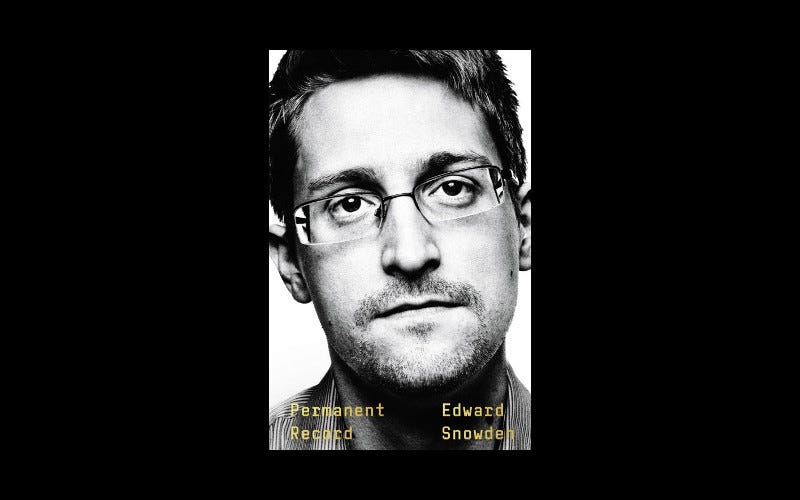BOOK REVIEW: Permanent Record by Edward Snowden
Metropolitan Books, New York. Hard cover, 329 pp, US$30

There is a breathtaking point in this book when the then-29-year-old Edward Snowden, a systems engineer contracted to the United States National Security Agency, sits down in front of his computer in Fort Meade, Maryland, and keys in an NSA program called XKEYSCORE and begins to make his way through a shared targeting folder holding the history of an en…
Keep reading with a 7-day free trial
Subscribe to Asia Sentinel to keep reading this post and get 7 days of free access to the full post archives.

